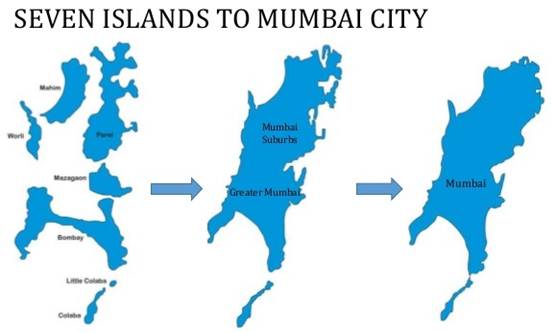
Scott Dittloff
University of the Incarnate Word, USA
Title: Dharavi: The health consequences of economic development
Biography
Biography: Scott Dittloff
Abstract
Dharavi, an enormous slum nestled in the center of Mumbai, is considered an economic success story. Property in Mumbai is the most expensive in the world, yet despite being in the middle of Mumbai, the citizens have managed to make property very affordable in Dharavi. Most residents have reliable public services including televisions with cable connections or even satellite dishes. Perhaps even more surprising is that Dharavi is full of thriving small-scale industries. Linens, embroidered garments, leather goods, packaged baked goods, reconditioning and recycling of a broad range of materials, hand-thrown pottery, and even luggage manufacturing, are all done in tiny manufacturing units throughout the slum. Dharavi sells not only to Mumbai, but to international markets as well. Annual production is estimated to be in the range of $650 million. There are quality schools, residents of Dharavi attend universities at both the undergraduate and graduate level, there is a small but robust banking system to finance business schemes, and there is even a tourism industry.
And yet, what often goes unnoticed, or at least unacknowledged, is the health toll that this economic success takes on its residents. Dharavi, as a slum area, is largely unregulated. Their economic success lies in the niche markets they have created by endeavoring to be the lowest price producer of the products and services they provide. While Mumbai is in the process of taking steps to regulate Dharavi, implementation is still a ways off. This presentation explores the reasons for and the consequences of this economic development model.

“The Changing Economic Relationship: Caribbean Trade with the European Union.” 2012. Verbum Incarnatum: An Academic Journal of Social Justice, Volume 5: 65-77.
“Chicago Boys.” 2012. In Thomas Leonard, ed., Encyclopedia of U.S.-Latin American Relations. CQ Press.
“Chiquita Brands International.” 2012. In Thomas Leonard, ed., Encyclopedia of U.S.-Latin American Relations. CQ Press.
CLEP Social Sciences and History with TestWare. 2009. Piscataway, NJ: Research & Education Association.
Workbook for American Politics (with Lydia Andrade). 2009. Dubuque, IA: Kendall Hunt Publishing.
